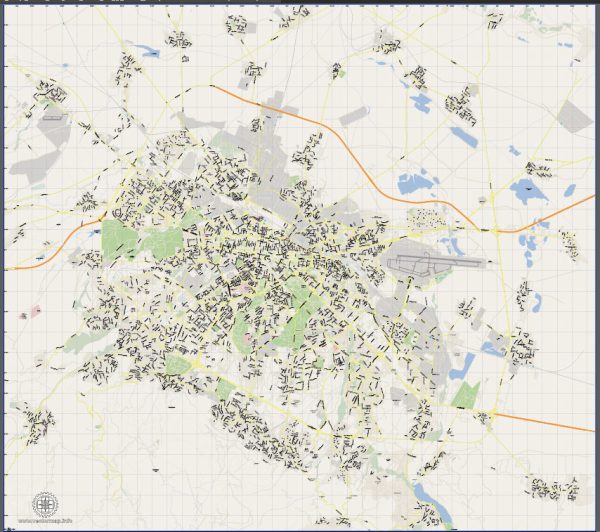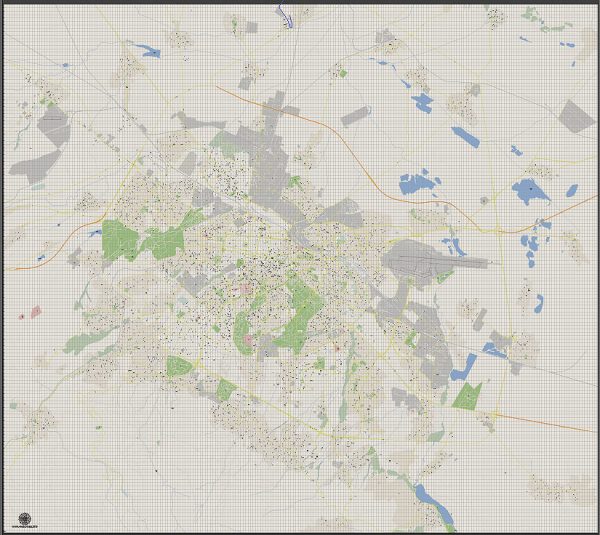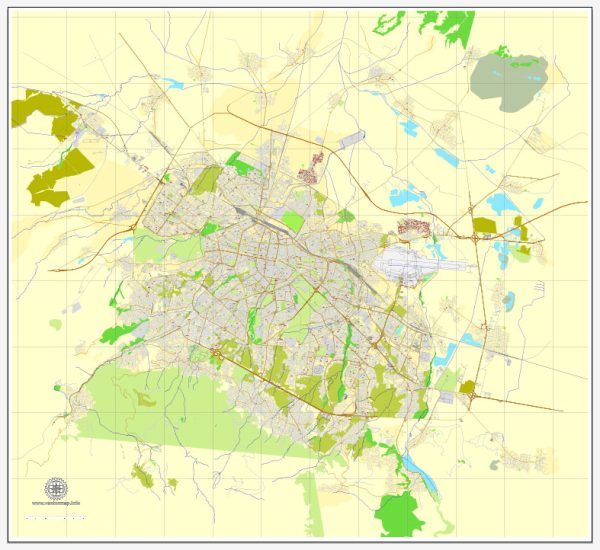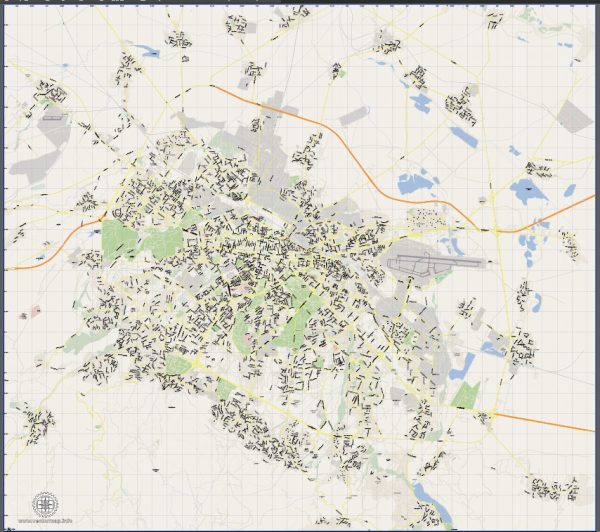Sofia, the capital and largest city of Bulgaria, has a diverse and growing industrial landscape. The city’s industrial sector has evolved over the years, and it now encompasses a variety of industries that contribute significantly to the country’s economy. Here’s a general overview of the industrial landscape in Sofia, Bulgaria:
- Manufacturing: Sofia has a well-developed manufacturing sector, producing a wide range of products, including machinery, electronics, textiles, and consumer goods. The city is known for its production of electronics, including computer components and telecommunication equipment.
- Automotive: The automotive industry is a significant contributor to Sofia’s economy, with several multinational car manufacturers and suppliers establishing production facilities in the region. This sector produces various automobile parts and components.
- Pharmaceuticals and Biotechnology: Sofia is home to numerous pharmaceutical and biotechnology companies. These companies focus on research, development, and production of pharmaceuticals, medical devices, and biotech products.
- Information Technology and Software Development: Sofia has become a hub for information technology and software development. Many software companies, startups, and tech firms have established their presence in the city. This sector plays a pivotal role in the city’s economy, offering software development services, IT outsourcing, and software products.
- Food Processing: The food processing industry in Sofia includes the production of a wide range of food and beverages, including dairy products, baked goods, confectionery, and more. There are numerous food processing companies in the region.
- Textiles and Apparel: Sofia has a well-established textile and apparel industry, with many clothing manufacturers and textile mills producing a variety of textiles and garments for both domestic and international markets.
- Construction and Building Materials: With ongoing construction projects and infrastructure development, Sofia has a robust construction and building materials industry. This sector produces construction materials such as cement, steel, and other building supplies.
- Energy and Renewable Energy: Sofia contributes to Bulgaria’s energy sector, with a focus on both conventional and renewable energy sources. The city houses power plants, including thermal and hydroelectric facilities, and is also making efforts to increase its use of renewable energy sources, such as solar and wind power.
- Chemicals and Plastics: Chemical and plastics manufacturing is another key industry in Sofia, producing chemicals, plastics, and chemical products used in various applications.
- Logistics and Transport: Given its strategic location, Sofia has a thriving logistics and transport sector, which includes warehousing, distribution, and transportation services. The city serves as a major transportation hub in the Balkans, connecting Europe and Asia.
Sofia’s industrial sector is continually evolving and expanding, with a focus on modernization, innovation, and sustainability. The city’s strategic location within Bulgaria and its economic significance contribute to its importance as a center for various industries.





 Author: Kirill Shrayber, Ph.D. FRGS
Author: Kirill Shrayber, Ph.D. FRGS